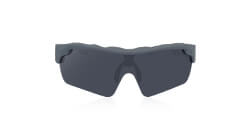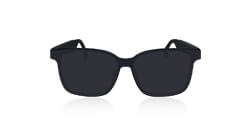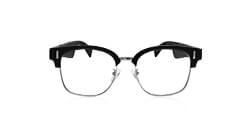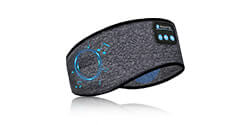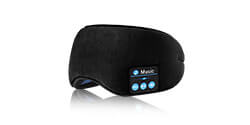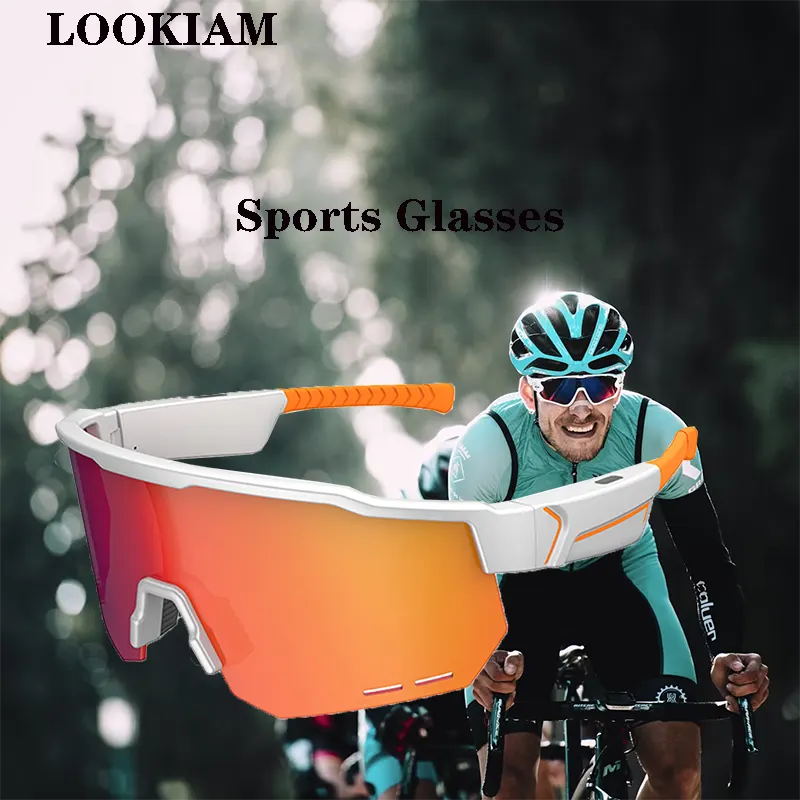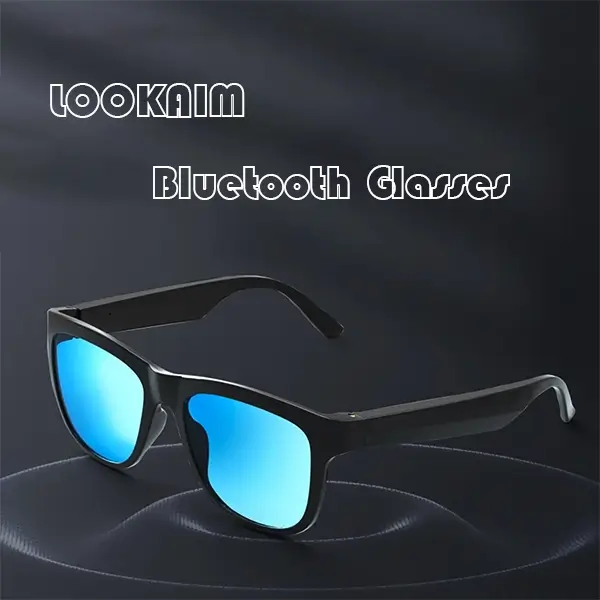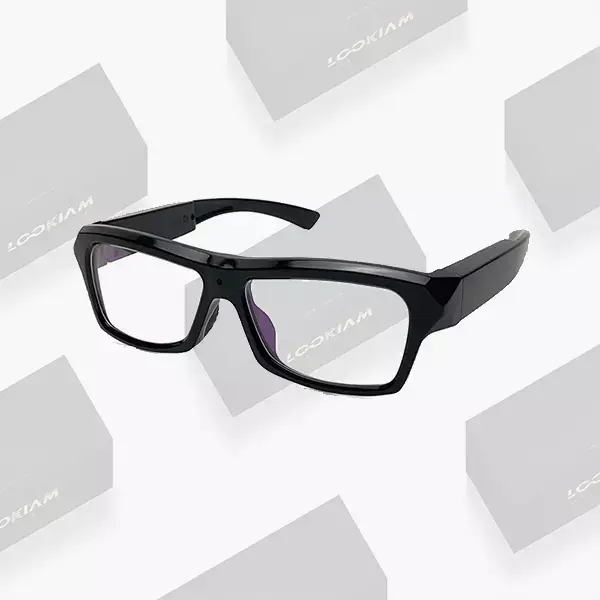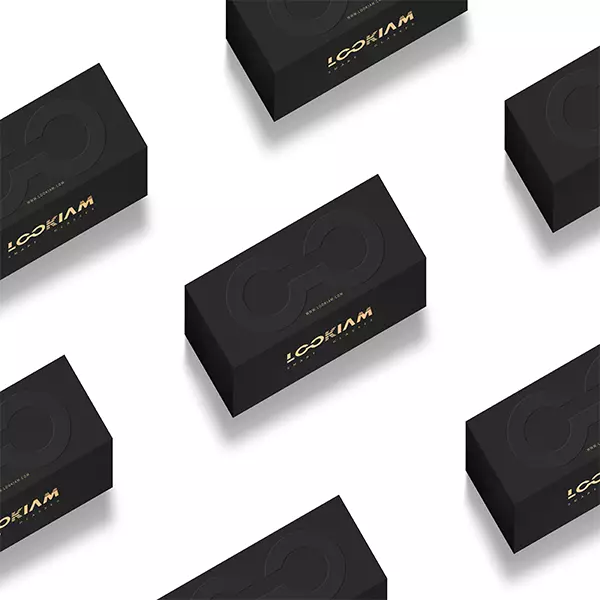In the Future, People Will No Longer Wear Glasses
May 29, 2023 Nielsen
Vision problems are a challenge faced by many people, and eyeglasses have become a common solution to these problems. However, with the continuous advancement and innovation of technology, the field of ophthalmology in the future may bring a new reality: people will no longer need to wear glasses.
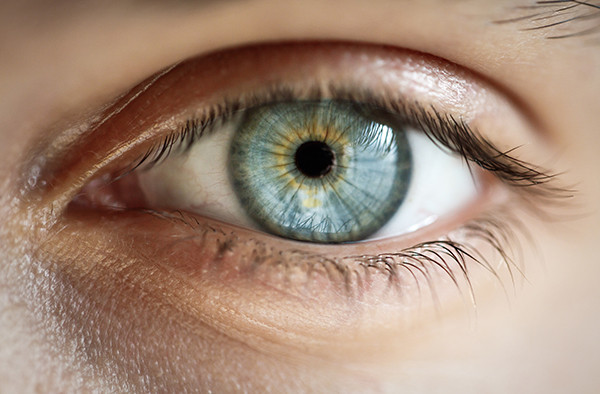
Breakthrough in vision correction technology: Future technology may bring more advanced vision correction technology. For example, significant breakthroughs have been made in laser corrective surgery (LASIK), which corrects vision by changing the shape of the cornea. As technology continues to develop, the procedure may become more precise and safer, becoming a common method of vision correction, eliminating the need for glasses.
Advanced Wearable Technology: Future wearable technology may enable major breakthroughs in the field of vision. For example, the development of virtual reality (VR) and augmented reality (AR) technologies will provide people with an immersive visual experience, no longer relying on traditional glasses. These technologies could potentially eliminate the need for glasses by projecting images directly into the eye or using other innovative methods for vision correction and enhancement.
Gene editing and stem cell therapy: Gene editing and stem cell therapy are cutting-edge technologies in the future of medicine. These techniques hold the promise of curing some inherited vision problems and restoring visual function. If people can fix vision problems with gene editing or stem cell therapy, eyeglasses will no longer be necessary.
Neuroscience and artificial intelligence: Developments in neuroscience and artificial intelligence also offer new perspectives for future vision correction. Researchers are working to develop technologies that interface directly with the brain, such as brain-computer interfaces, for direct visual information transfer and correction. These technologies hold the promise of a glasses-free approach to vision correction.
Although the above-mentioned technological breakthroughs bring hope that people can get rid of glasses, we must also realize that the development of these technologies will take time and in-depth research. Glasses are still a reliable and effective method of vision correction today, providing people with a clear and comfortable visual experience. Regardless of future developments, ensuring good eye health and regular eye exams remains critical.
To sum up, although people may not need to wear glasses in the future, this is still an unrealized goal in the fields of technology and medicine. We look forward to the arrival of these innovations, bringing people broader visual possibilities and allowing them to enjoy a more free and convenient visual experience.


